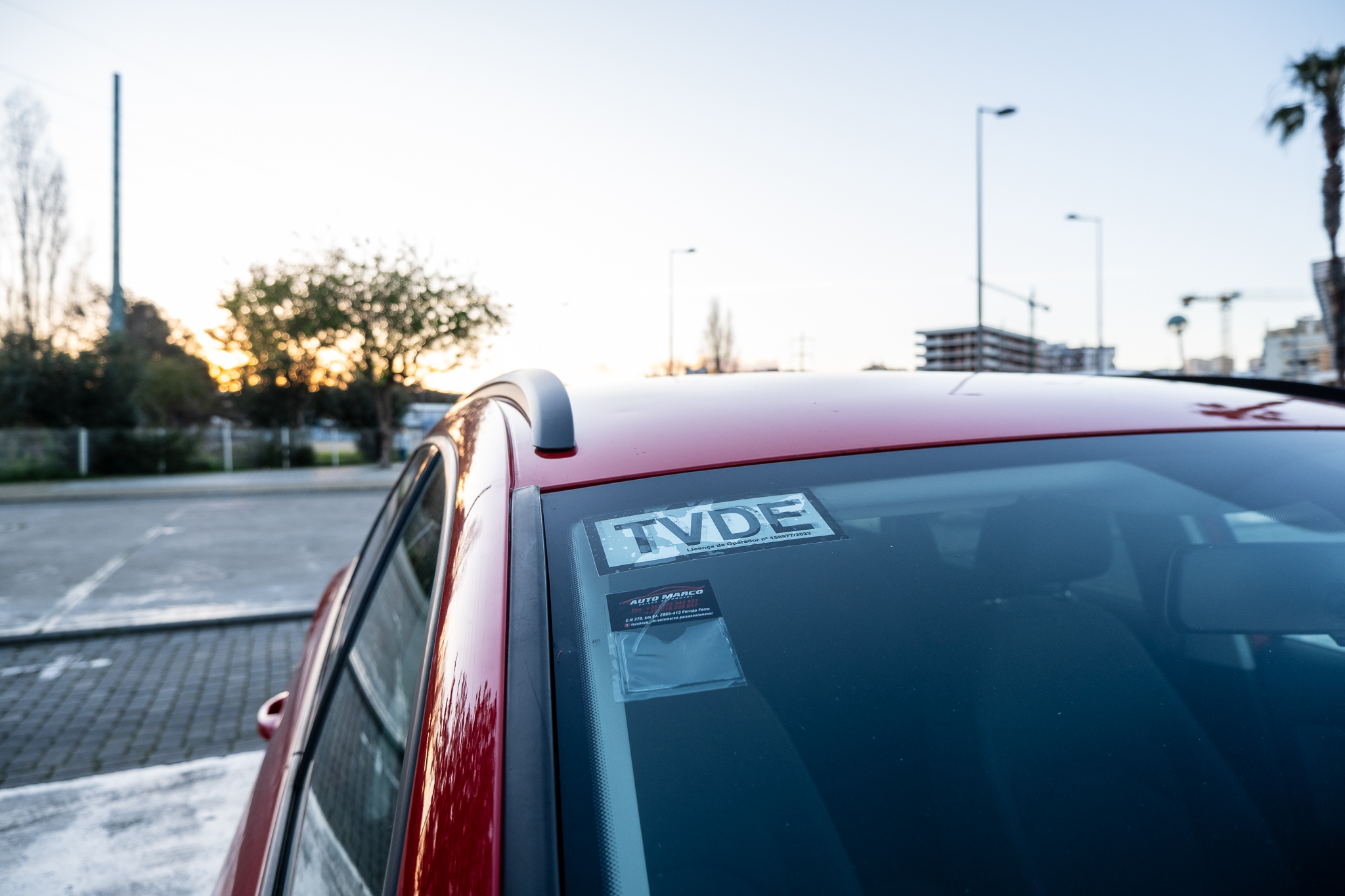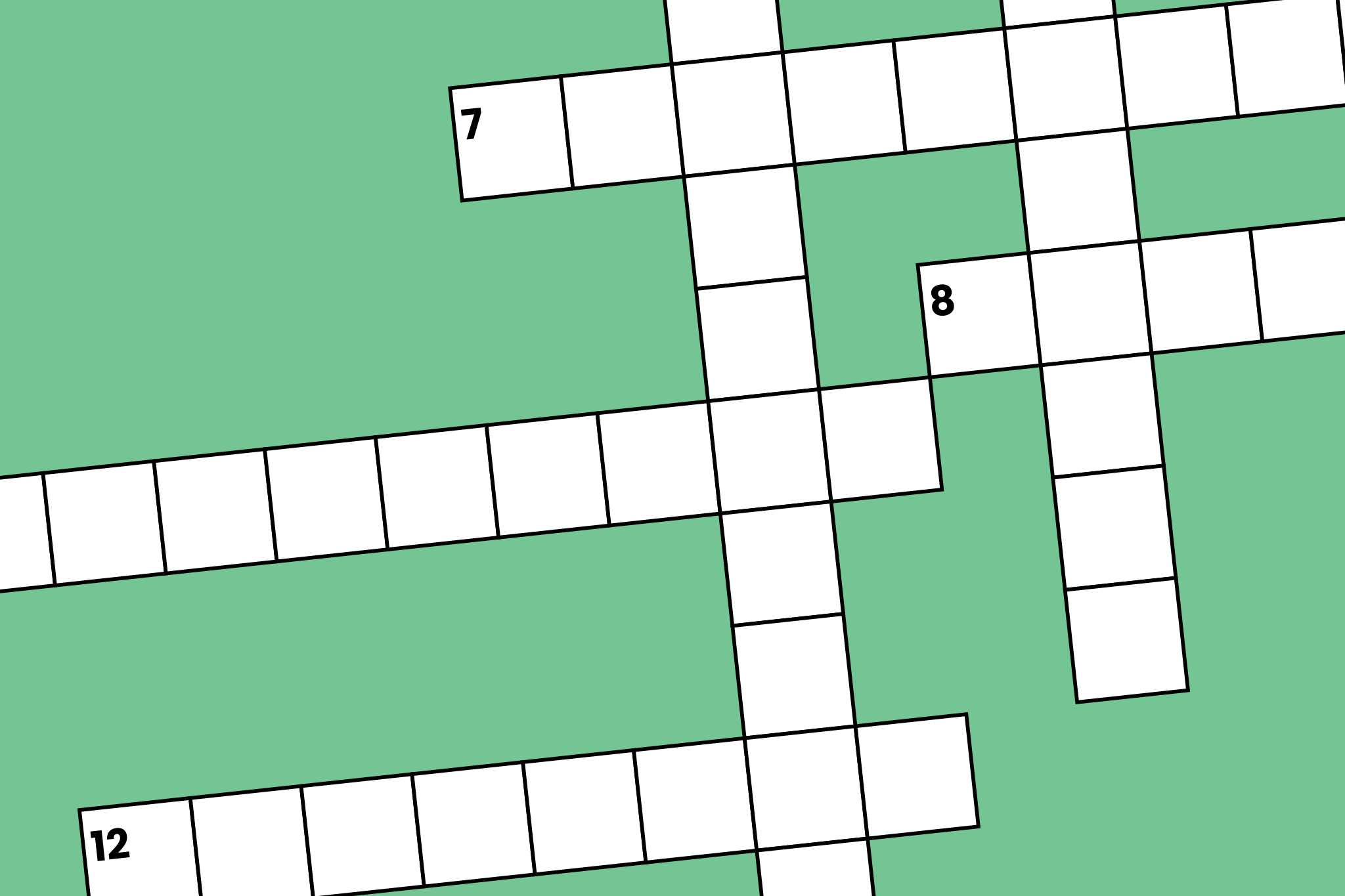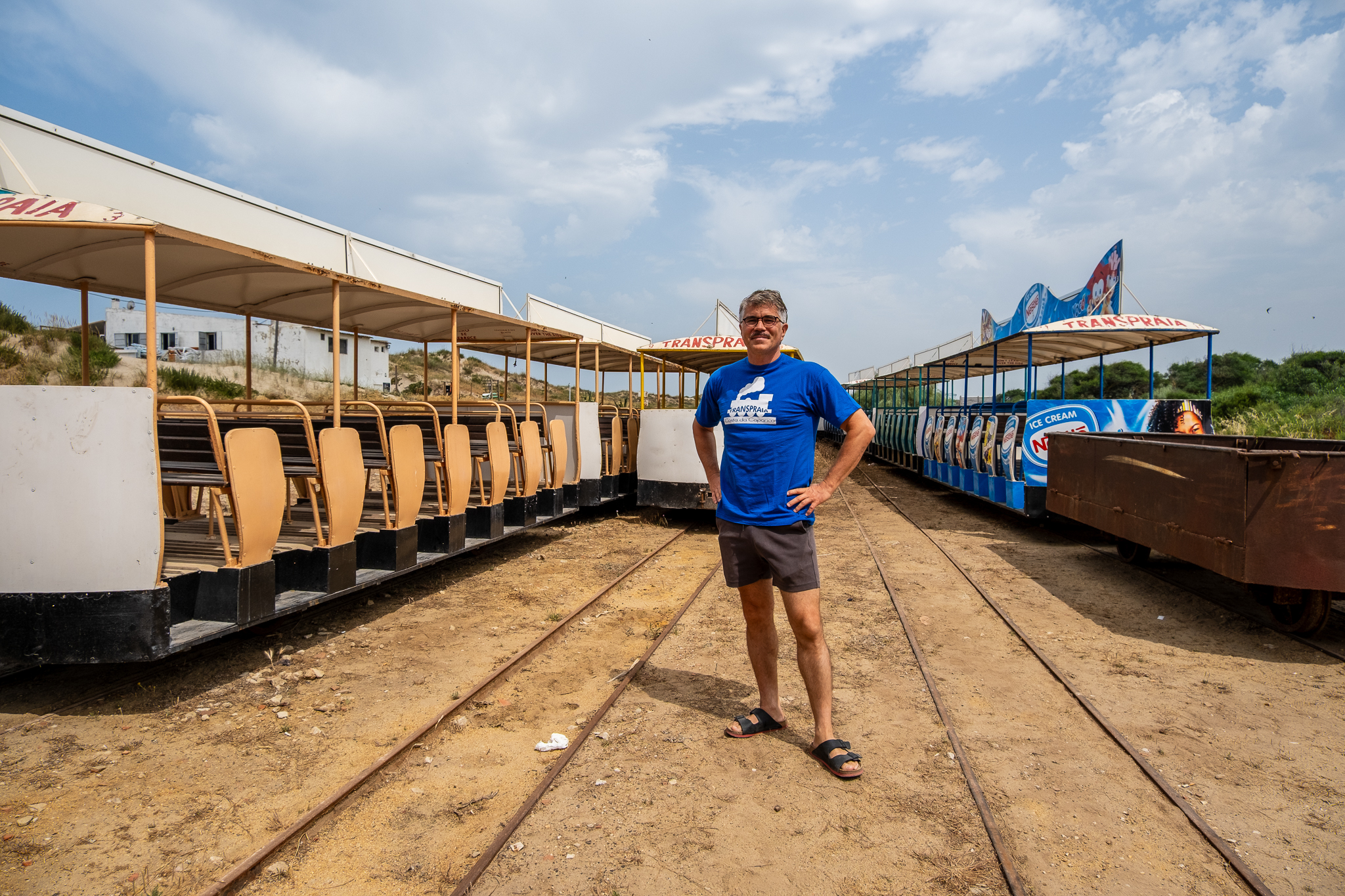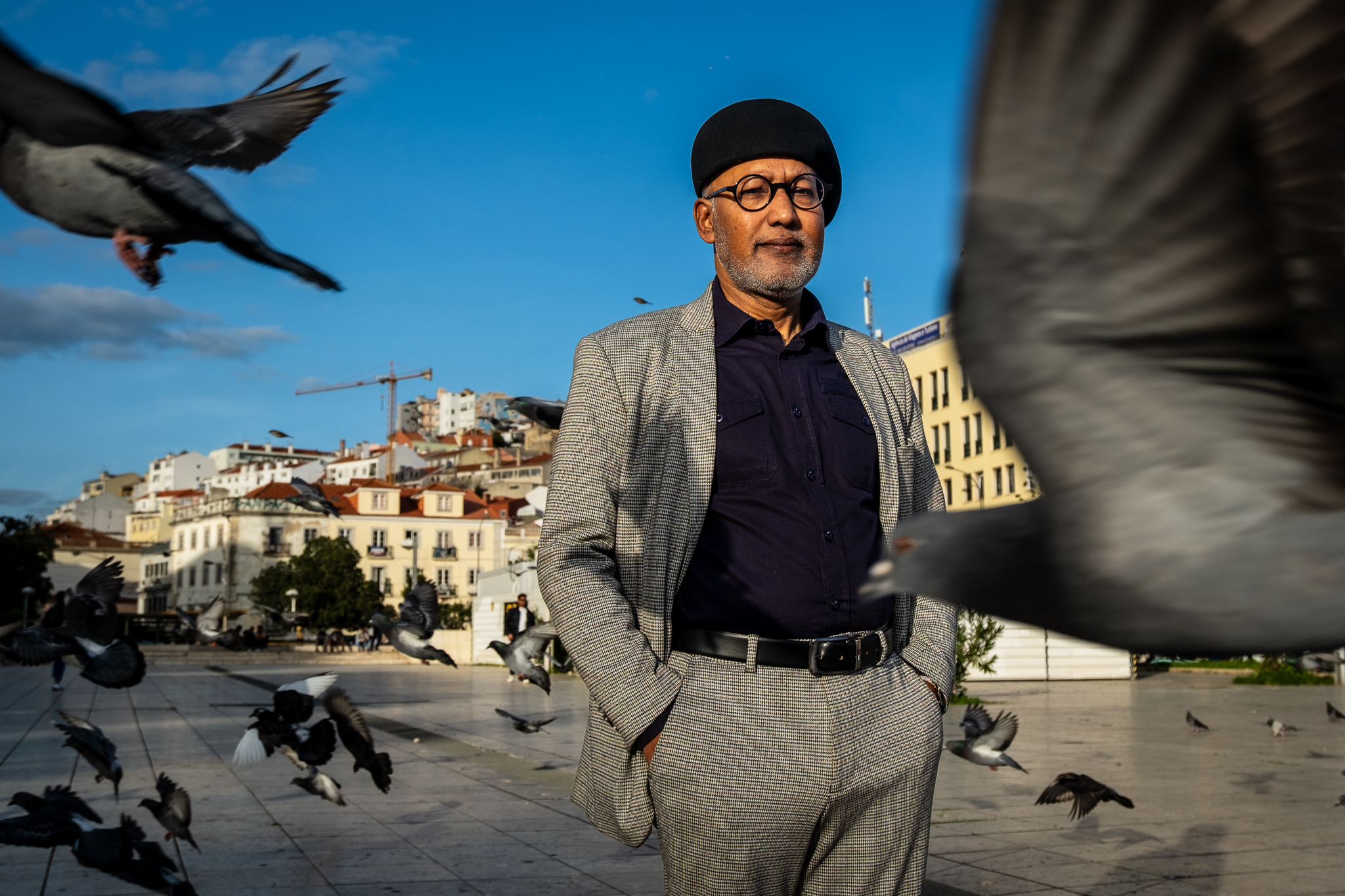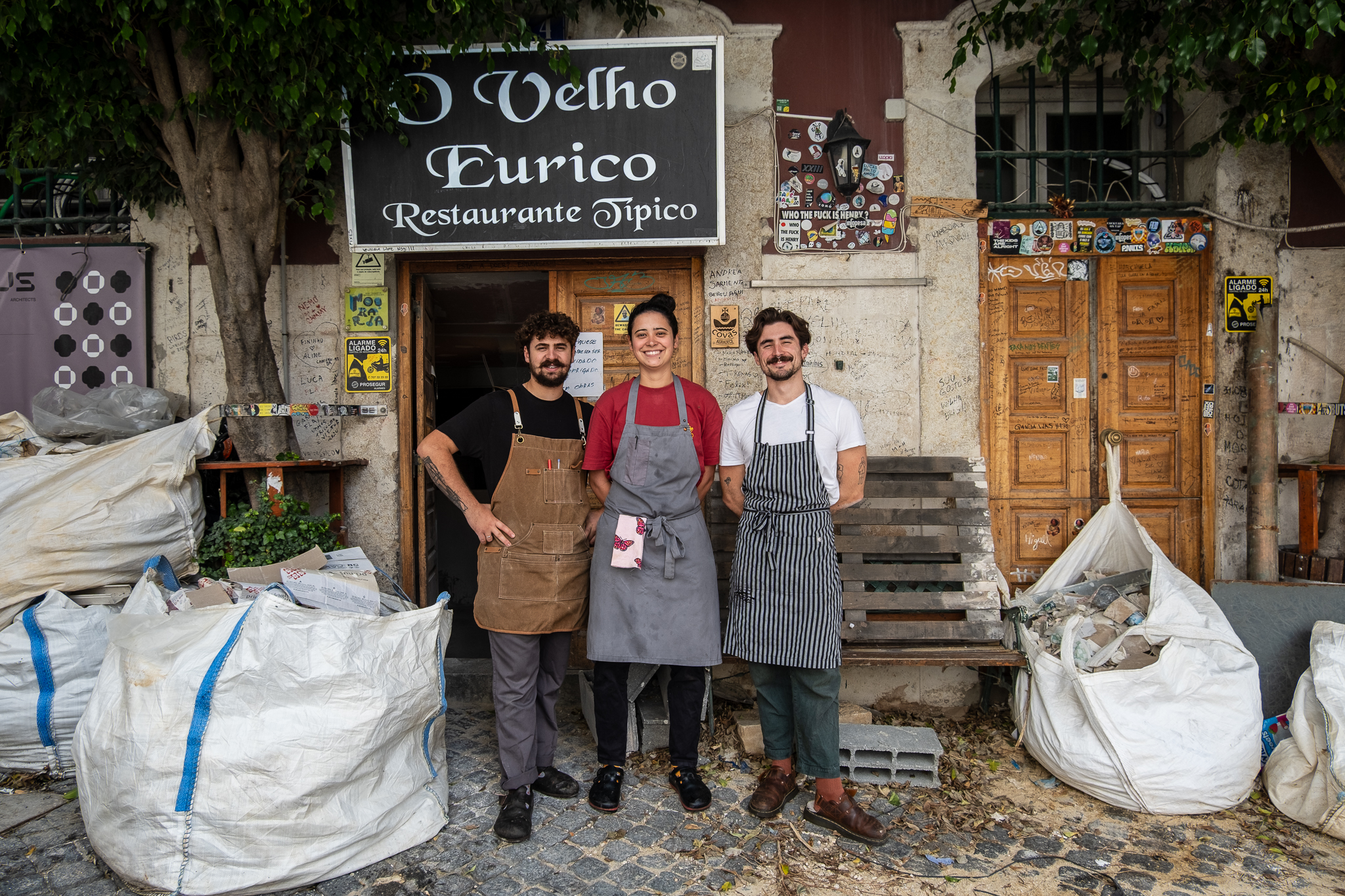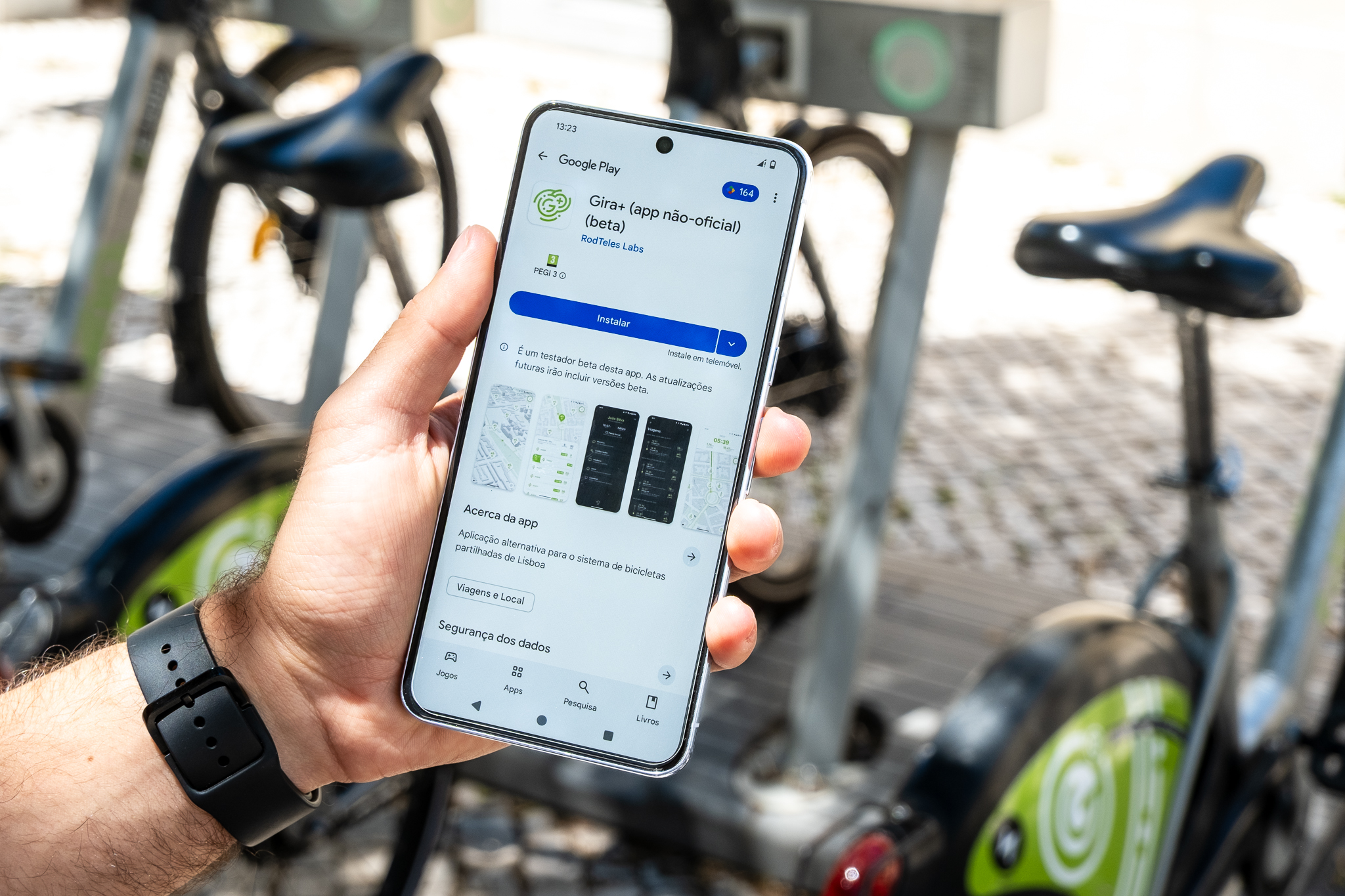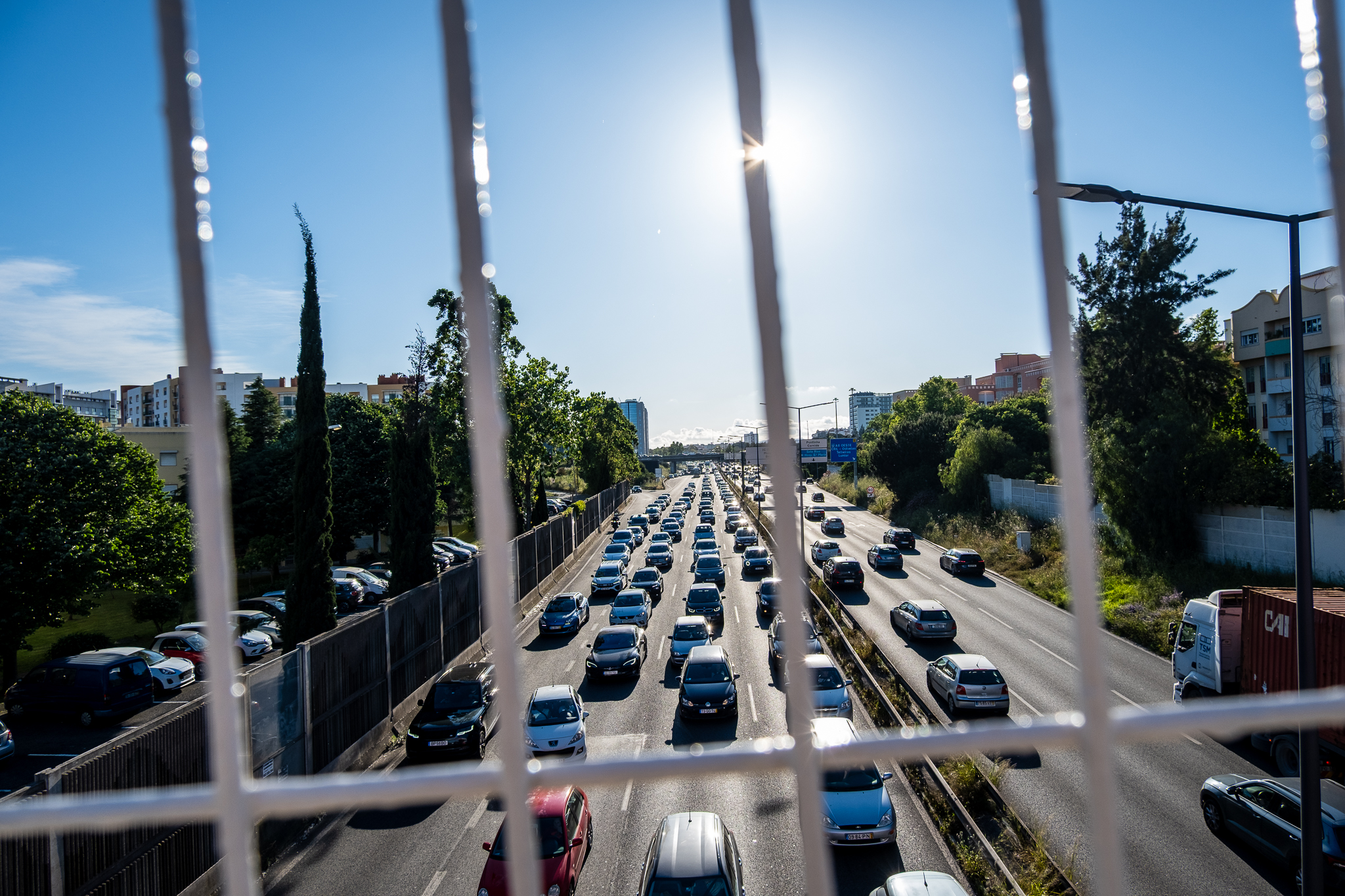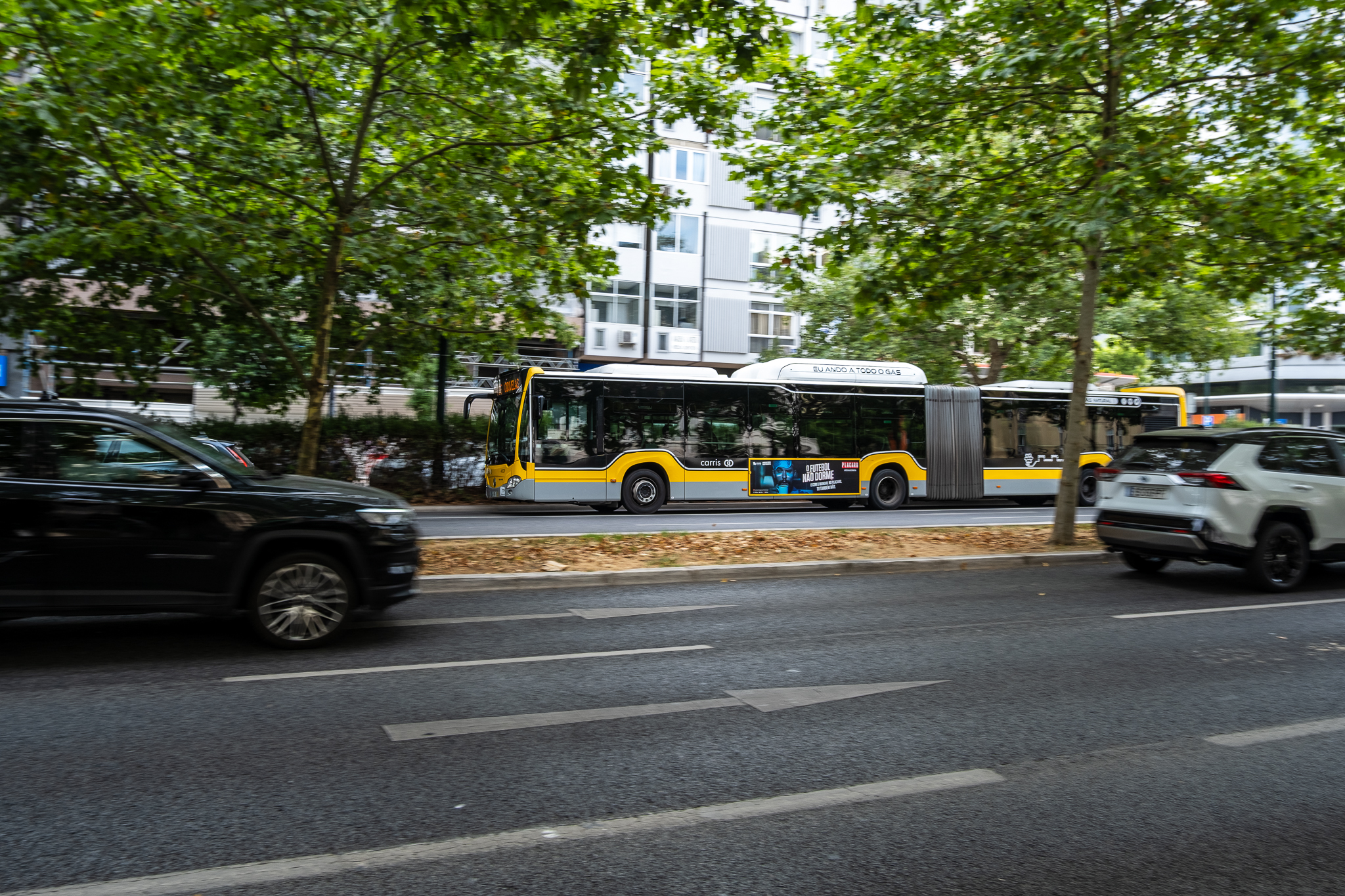For one morning, they felt the school was just theirs. What if it could be like this more often? Not just the school space, but the city, the public space. What if cities belonged to children more often? What if children had their say too?
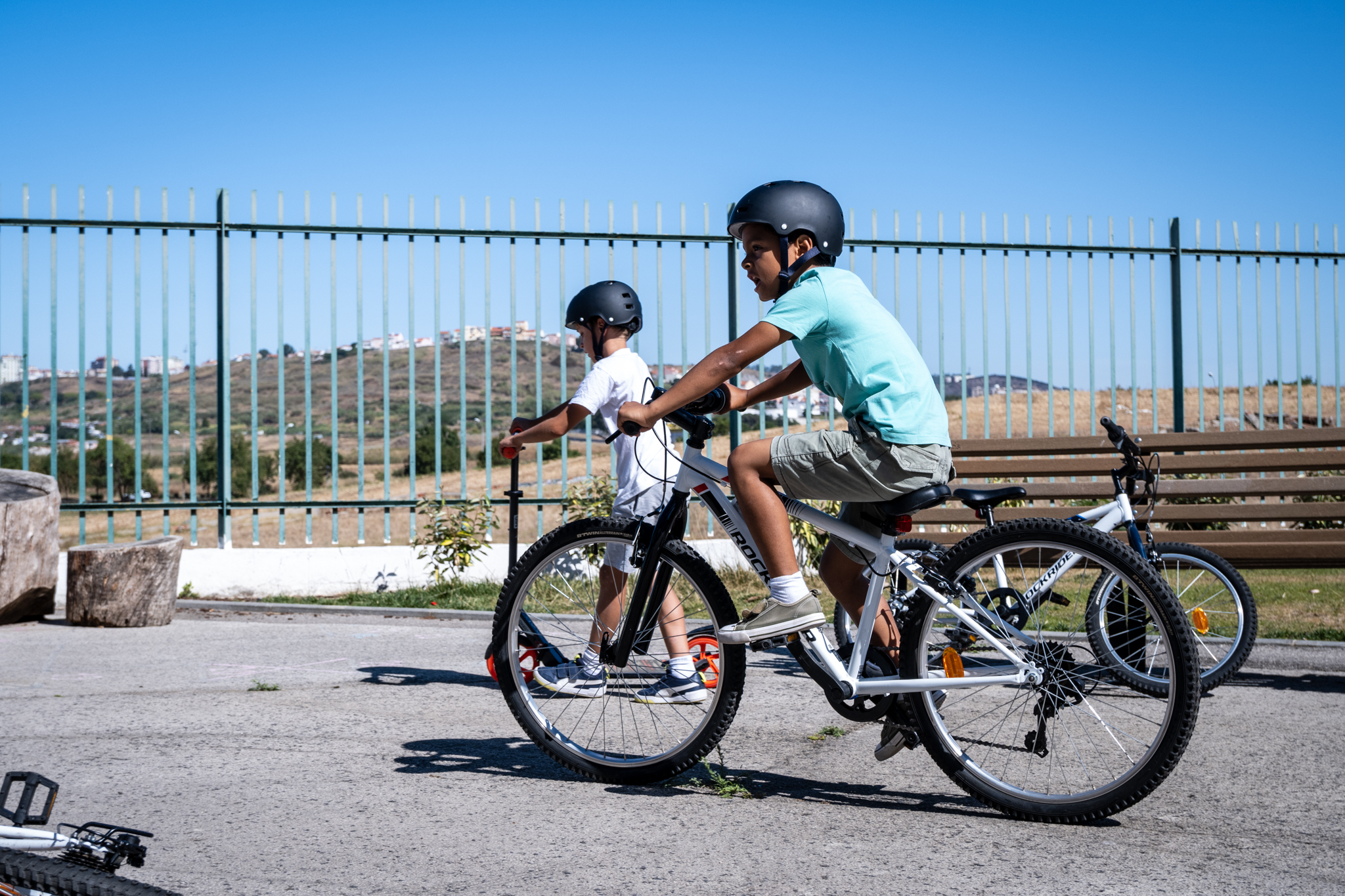
On a warm sunny morning, a dozen children pedal or "scooter" around their school in Amadora. There are accidents on the verge of happening, and some - small ones - do happen. But that's okay, it's part of learning. It is the end of July and there are no more classes: school, for those days, has the function of keeping the little ones busy with activities, while the parents are still working. This morning served to (re)discover the bicycle and, from this, to imagine different cities.
The activity was part of the project Bicycle Heroesa European initiative that the non-profit organization BYCS developed in a few Dutch locations and which it now intends to try out in other countries. O Bicycle Heroes is now in Lisbon, Dublin, and Rome. In the Portuguese capital, the "importation" of the project fell to the cooperative Bicycling joined Associação Para a Promoção da Segurança Infantil (APSI) (Association for the Promotion of Child Safety). "The idea is to give voice to children and their perspectives on mobility in the city, focusing on cycling but not only; anything to do with active mobility, in essence"explains Ana Pereira, from Bicicultura, one of those responsible for the project. "We have been pushing children away to safe places and sometimes they are locked up in those places. What we want is the opposite: that they can circulate in a natural way in their own city and that the city is child-friendly and safe."Liliana Madureira, from APSI, the other party involved, adds.




On that July morning, at EB 1/JI Maria Irene Lopes de Azevedo, in Amadora, the goal was to let the little ones free with bicycles and scootersIt allows them to take ownership of the school space, to explore it without restrictions, to learn from the imperfections of this territory, and to enjoy a freedom that they don't usually have in the cities. But the Bicycle Heroes goes far beyond a free day of play. The core of the project is the workshops done also with children, where they are challenged to solve urban mobility problems related to the bicycle.

At EB1/JI Maria Irene Lopes de Azevedo, there was also time for one of these workshops. In June, the little heroes - 3rd and 4th grade students - were given cardboard, plasticine, and other materials so that they could model their ideas for the city, identifying problems and proposing solutions. As Ana explains, they created "a sort of hackathon for kids to come up with things that could improve their use of the bicycle." "We took materials that could be used to make prototypes, they organized themselves into teams, took those materials and we got 11 proposals that were then voted on by a number of partners."The company's activities include the Institute for Mobility and Transport (IMT), the National Road Safety Authority (ANSR), MUBi - Association for Urban Mobility on Bicycles, and the Amadora City Council.
Among the ideas presented were bicycle umbrellas, television campaigns to educate car drivers, changing parking inside the school to bicycle parking ("really in this school there is no parking inside, and it's funny that they remembered that") and, of course, bicycle paths. Of the 11 proposals, three were chosen, and the winning students received symbolic prizes.



Now Ana and Liliana's idea is to make a children's council. And as they explain, they want "let it be November 20 to coincide with the commemoration of the Convention on the Rights of the Child"a treaty for the protection of children and adolescents around the world, adopted in 1989 by the United Nations
In this council, the proposal is to bring together again the children who have been participating in the activities of the Bicycle Heroes and the ideas presented by them, work on those ideas and get the boys and girls talking to "adults who have some decision-making power"It's not just the IMT or ANSR, but mainly the City Halls. "It's going to be an opportunity for the kids to get in touch with these people, who they don't normally get in touch with on a day-to-day basis and who are people who tinker with things, who will be able to take some of their ideas and see if they can be implemented."says Ana. Liliana points out that is important "we remember children more often when we are designing cities and solving problems; not just thinking about those adults with their problems".


"Children are not the citizens of tomorrow. They can be active citizens today"Liliana suggests, for whom the upbringing that boys and girls receive while growing up is decisive for their behavior as adults. "Usually when kids are little we're always telling them not to do this or go to a certain place, and then there comes a time when we don't understand why they don't have the initiative to do it or to undertake it. But we've been telling them not to do it for a number of years.adds the child safety promotion expert. "We have to start working on this voice of the children, making them active. And we have to get there to be consequence of those participations of theirs. If they work on ideas, those ideas have to reach those who can somehow execute them."



The school in Amadora where Ana and Liliana took the project Bicycle Heroes has four classes, one for each grade of the 1st cycle of education; all four had bicycle classes and activities related to two wheels last school year, as part of a project of the local Junta de Freguesia (parish council). Despite the children's contact with this means of mobility, Ana Pereira noted that the ideas presented in the workshops "were very standardized, which was interesting to notice". It may have been because they had "little time" to think about them, but also for "just have experience with the bicycle here at school". "They went very much on the wave of the general guidelines we were giving. Since they don't have much experience of their own, they took the things they were hearing."
The purpose of that morning of free play with bicycles and scooters at school was also to expose the little ones to "new knowledge and experiences related to urban mobility"explains Ana. There was a cargo bike with a trailer where the Bicicultura cooperative was transporting some children, amazed by their faces with that. There were also games and some activities available, but the children "they just wanted to race and hang out". Ana, who has already done activities with younger children in schools, says it's always like this: "When you don't ride a bike on a daily basis and you have a place where there's no mom or dad saying no because of the cars, it's this craziness. There's a hunger to just ride a bike."






